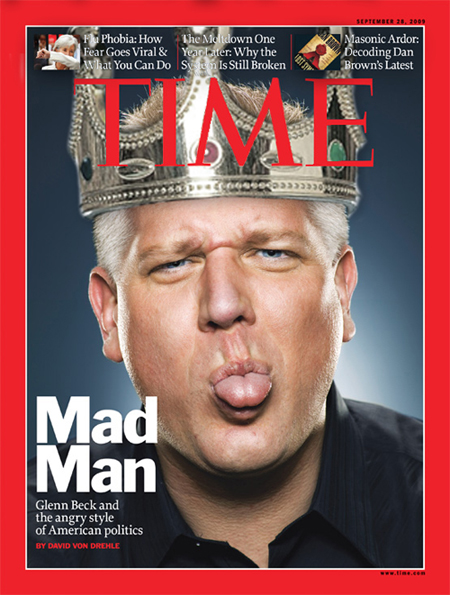Insurance Exchanges Tilted Toward Health Insurers, Not Consumers
 The insurance industry made it abundantly clear this week that it is in the driver's seat -- in both Washington and state capitols -- of one of the most important vehicles created by Congress to reform the U.S. health care system.
The insurance industry made it abundantly clear this week that it is in the driver's seat -- in both Washington and state capitols -- of one of the most important vehicles created by Congress to reform the U.S. health care system.
The Affordable Care Act requires the states to create new marketplaces -- "exchanges" -- where individuals and small businesses can shop for health insurance. In the 15 months since the law took effect, insurers have lobbied the Obama administration relentlessly to give states the broadest possible latitude in setting up their exchanges. And those insurance companies have been equally relentless at the state level in making sure governors and legislators follow their orders in determining how the exchanges will be operated.

 On July 28, 2009,
On July 28, 2009,  On behalf of Grigor and Hilda Sarkisyan, I would like to invite Republican Rep.
On behalf of Grigor and Hilda Sarkisyan, I would like to invite Republican Rep.